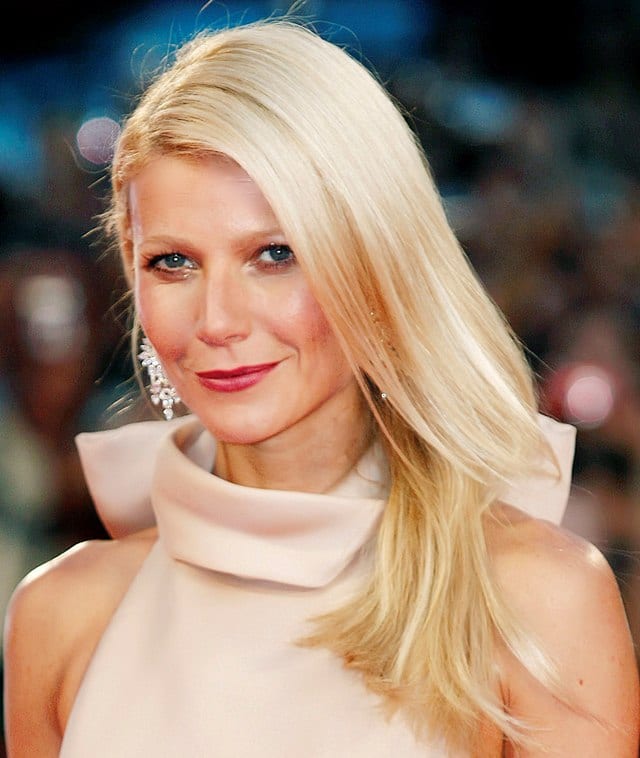Recently Gwyneth Paltrow appeared on the Today show to discuss the Goop lifestyle franchise of which she is founder and CEO and broached a subject with host Savannah Guthrie that very few television shows are willing to discuss—and neither is this magazine.

GWYNETH PALTROW, Academy Award-winning actress and CEO of Goop, image by Andrea Raffin
“You have some products that keep selling out,” Savannah said to the star of Avengers: Endgame, after Gwyneth mentioned one of Goop’s bestselling items is “a device once found at the back of an adult bookstore.”
If you read between the lines, you’ll see it’s all about our culture and how women perceive their own sexuality, let alone how women are perceived. “Even proper ladies have sexuality, too,” Gwyneth demurred.
Academically and historically speaking, the two greatest influences that have defined women’s sexuality in Europe and America were established by the Protestant Church in the 1600s and the medical profession from the mid-1700s. Subsequently, demure and straightlaced behavior demanded of ladies during the reign of Queen Victoria of England was referred to as “Victorian”—but this is furthest from the truth. To wit: Downtown Abbey, where gentlemen guests oft-visited the wives of other gentlemen once the kerosene lamps were put out by the downstairs staff. Prostitution was a profession. And the heigh of fashion was a tightly nipped waist and plunging bodice to show off as much cleavage as possible. Breasts exposed in such a fashion attracted men and, in damp, dank palaces and country houses, pneumonia. While the Victorian period appeared to be suppressed, the Flapper Era of the 1920s had no boundaries whatsoever. Hems were shortened, hair was bobbed, women danced and drank the night away and sex was practiced with abandon. What F. Scott Fitzgerald captured in Gatsby’s wild parties in The Great Gatsby was, in fact, The Way It Was.
So, do not be surprised, ladies—or Savannah Guthrie, for that matter—at Gwyneth Paltrow’s observation on The Today Show. She hasn’t noticed anything new. Sexuality in women, as in men, has been going on since Adam and Eve.
